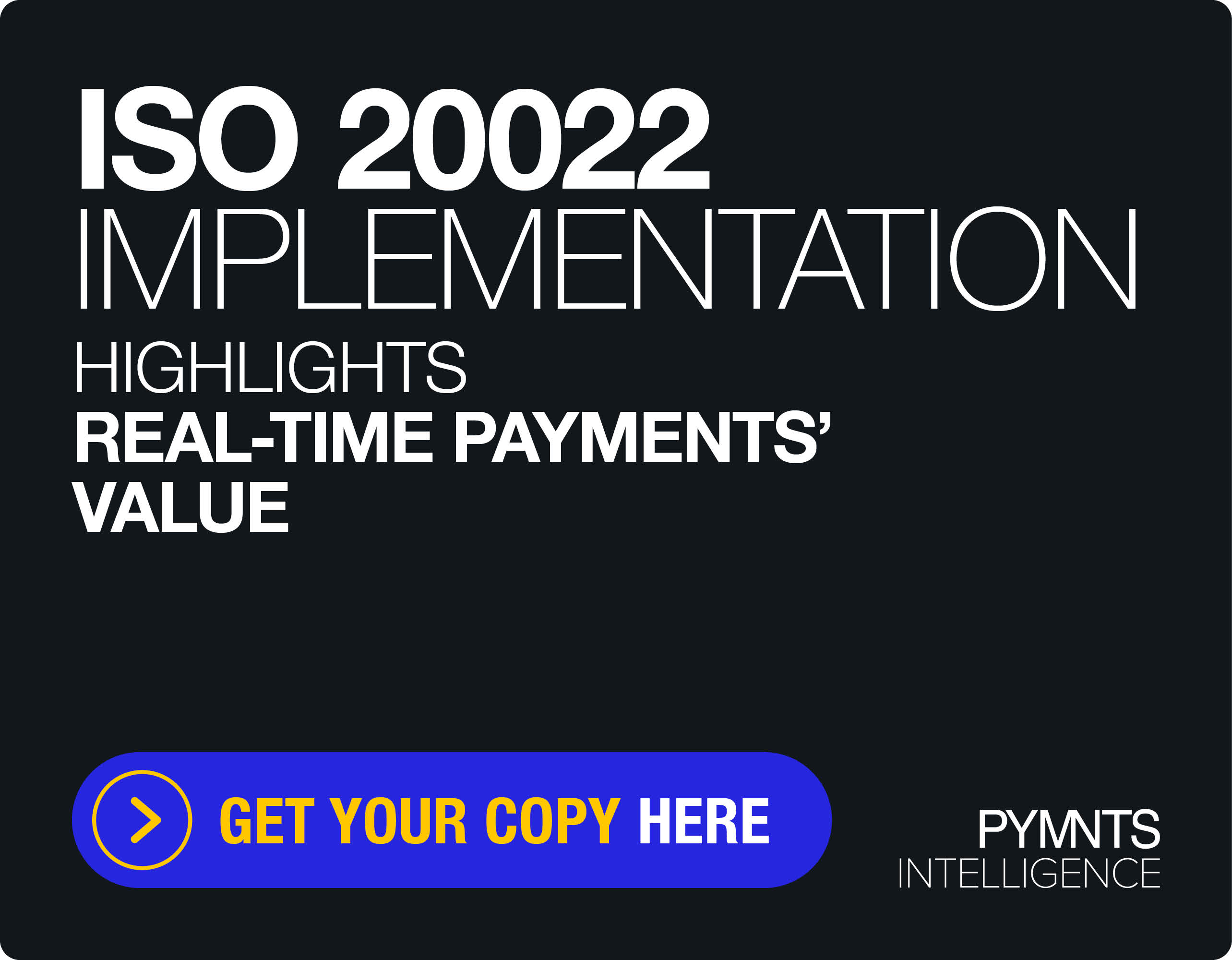Verizon Makes Its Business Case For 5G
“We are the connected in the connected economy.”
That’s how Verizon Chief Revenue Officer Sampath Sowmyanarayan put his company’s role in an interview with PYMNTS as part of the ongoing ConnectedEconomy™ series examining the way in which borders between verticals are being crossed on a regular basis by connective technologies.
While such a statement might sound like a simple boast from a man who is an evangelist for his company’s mission, thanks to Verizon’s steady build-out of its 5G network, it’s anything but.
Hardly a week goes by in which Verizon isn’t in the news for its 5G rollout. Last month, the company announced, it will launch its 5G Ultra Wideband service in New Orleans, Louisiana; Fresno and Riverside, California; and San Antonio, Texas. This will bring the total number of cities in which the super-fast, low-latency network is deployed to 71.
In the same announcement, Verizon said it is opening both the Memphis and San Antonio markets to its 5G Home Internet, which functions as a viable replacement for more traditional internet access pipelines, such as cable or satellite. That ups the number of cities in which the service is deployed to 33. That’s impressive progress in the two years since the company first rolled out 5G in Chicago, considering that the infrastructure for the network needs to be built before it can be deployed.
Business Led
Not only is Verizon’s 5G network connecting consumers to the internet, but it is also being embraced in other sectors of the economy as well. Sowmyanarayan said unlike traditional mobile-enabling tech, business use cases are driving the uptake of 5G even more than the consumer sector.
“One of the interesting things about 5G is that businesses know more than consumers,” he said. “Typically, what happens, especially in mobile technologies, is that consumers get the technology first, and business drags along. This time, it’s fundamentally different. 5G is built for business, and the consumer is going to get pulled along. So, typically, around, I would say, 20 to 30 percent of consumers know very well what 5G can do, but more than half of businesses have a very good sense of what 5G could do for them.”
The reason 5G is enjoying such an uptake by businesses is four-fold, Sowmyanarayan said.
First, it has to do with the technology’s low latency. Sowmyanarayan pointed out that 5G is really more than just faster 4G, and the fact that it has dramatically lower latency — or delay — than other tech makes it ideal for applications such as its use in hospital imaging or on factory floors.
Second, 5G’s ability to handle large, media-rich datasets across different physical locations is key to any business working in the connected economy.
And finally, he pointed to 5G’s lower power usage as well as its enhanced security features as central to its appeal in enterprise settings.
Retail Rebirth
While Sowmyanarayan points to projects in which 5G is being trialed in different healthcare settings, such as to help hospitals keep track of their own equipment, one of the more interesting use cases of the technology is in retail.
Sowmyanarayan said he believes that as the pandemic recedes and leaves behind new digital consumer shopping habits, brick-and-mortar stores will need to be more innovative in turning their outlets into experiences rather than simply places to buy items. He pointed to augmented or virtual reality as possible examples and said 5G’s low latency works for such applications.
He also pointed to a partnership with Cooler Screens, a company that turns the front doors of coolers in a retail setting into interactive touchscreens. The project is currently being tested in Walgreens locations, and Sowmyanarayan said 5G is a great way to handle the large amount of data that flows through the screens. The tech, in particular, is perfect for such “edge compute” cases in which data processing is brought physically closer to the location in which that data needs to be used.
Leading With Kindness
While technology is certainly at the center of Verizon’s offerings, Sowmyanarayan said there is something less tangible, but no less important, at the center of Verizon’s operating ethos: kindness. It’s an important reminder that human beings are first and foremost at the center of the connected economy.
“Some of it has to do with my own personal style,” he said. “Ten years ago, when I was recently out of business school, I would not say kindness was a management principle. There were other things; there was analytics, there was rigor, there was action. Kindness was definitely not in there. But there’s so much uncertainty in the world today in business and relationships at home, that having that extra kindness — letting people finish their thoughts, for example — just makes for a much better workplace. And what I see is when you have a workplace that is there, it has a huge impact on the culture and how people get stuff done.”
